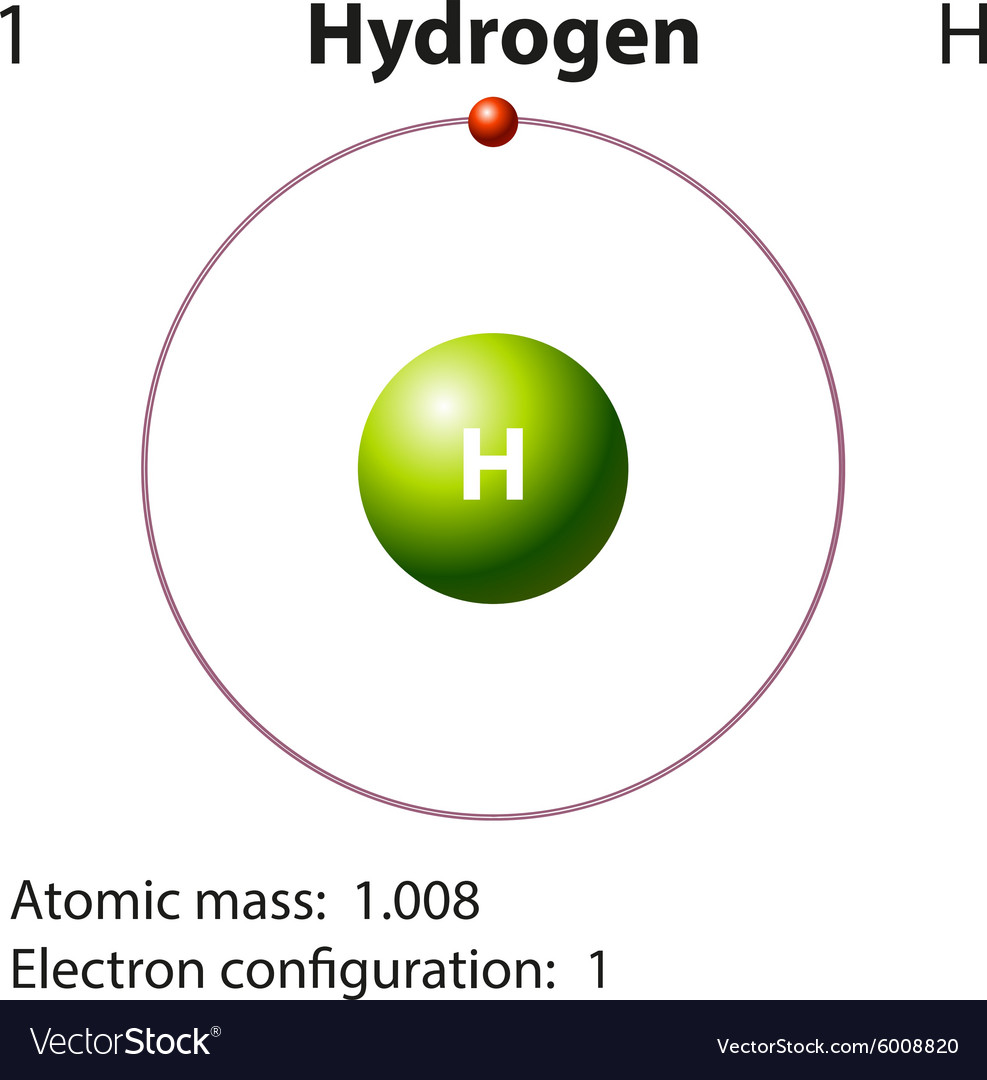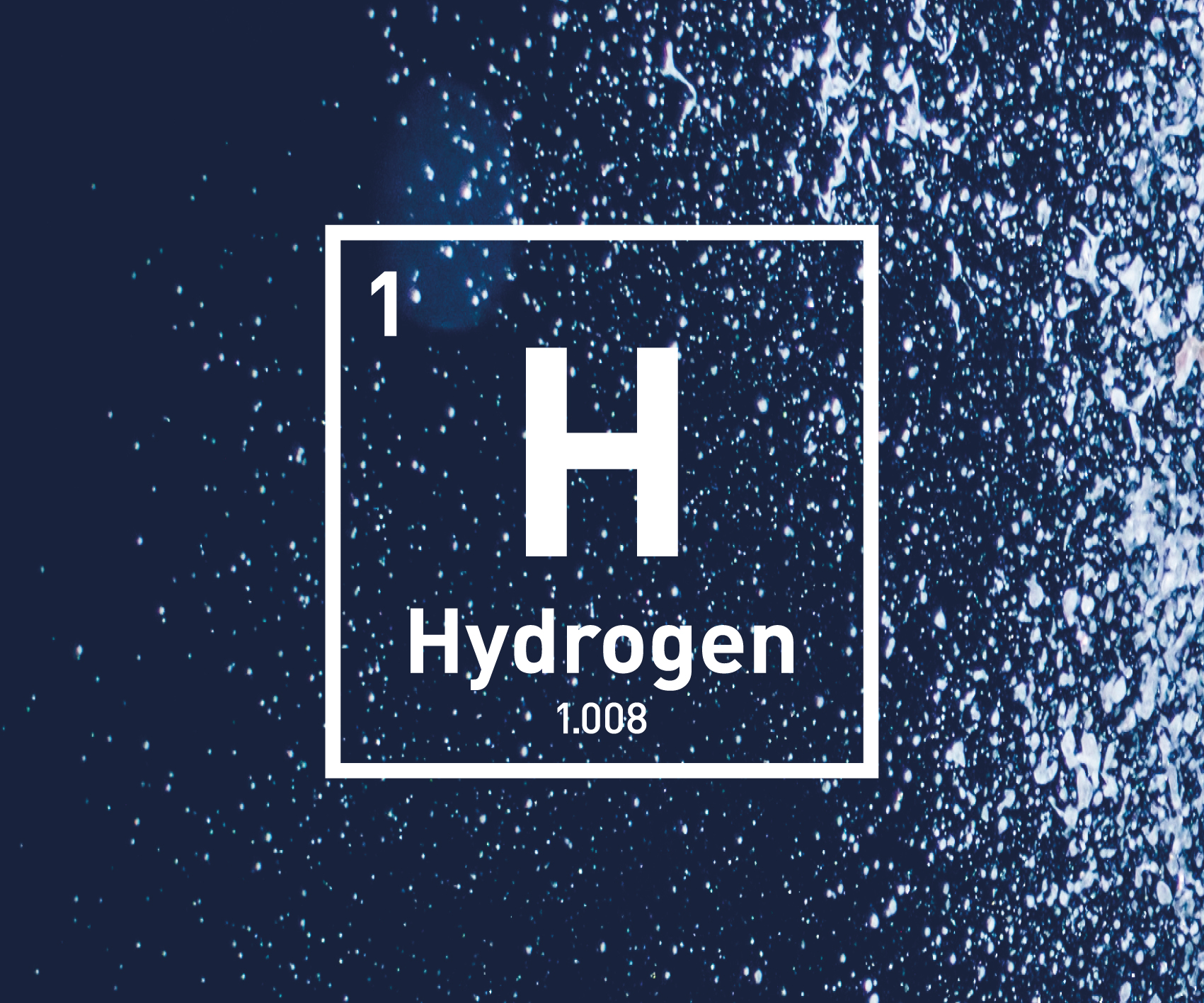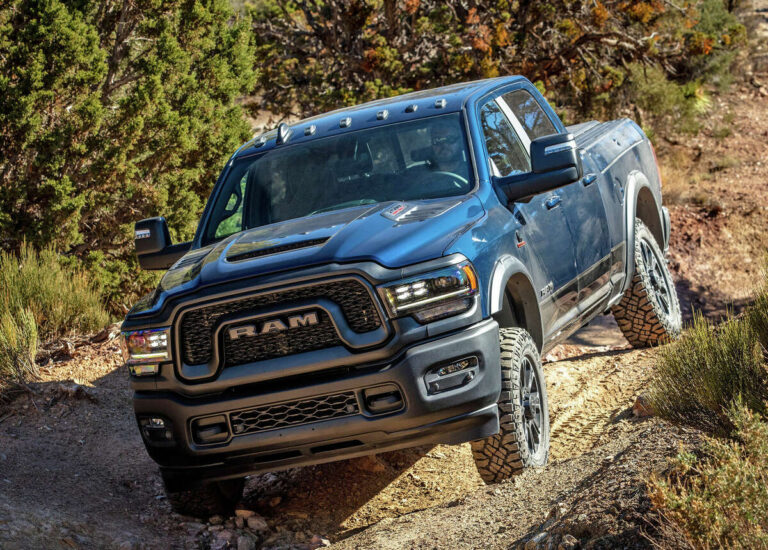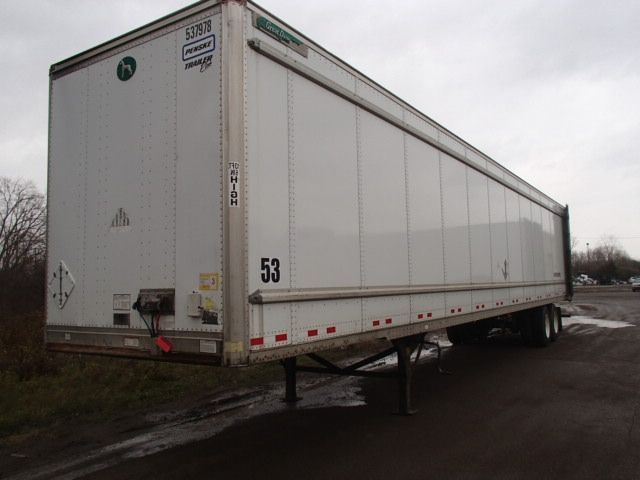Hydrogen Trucks For Sale: Navigating the Future of Sustainable Logistics
Hydrogen Trucks For Sale: Navigating the Future of Sustainable Logistics cars.truckstrend.com
The roar of diesel engines has long been synonymous with the backbone of global commerce, but a quieter, cleaner revolution is underway. As industries worldwide strive for decarbonization, hydrogen trucks are emerging as a pivotal solution for heavy-duty transportation, offering a compelling alternative to traditional fossil fuels and even pure battery-electric vehicles in certain applications. For businesses looking to future-proof their fleets, reduce their carbon footprint, and embrace cutting-edge technology, understanding the landscape of "Hydrogen Trucks For Sale" is no longer an option, but a necessity. This comprehensive guide will delve into the intricacies of hydrogen fuel cell electric vehicles (FCEVs), exploring their benefits, the market availability, key considerations for purchase, and the evolving ecosystem supporting their widespread adoption.
Understanding Hydrogen Trucks: The Technology Behind the Green Revolution
Hydrogen Trucks For Sale: Navigating the Future of Sustainable Logistics
At its core, a hydrogen truck is an electric vehicle that generates its own electricity on board using a fuel cell. Unlike battery-electric trucks (BEVs) that store electricity in large battery packs and require charging from the grid, FCEVs convert hydrogen gas and oxygen from the air into electricity, with water vapor as the only emission. This process is remarkably efficient and clean, making hydrogen trucks a true zero-emission solution at the tailpipe.
Key components of a hydrogen truck include:
- Fuel Cell Stack: The heart of the system, where the electrochemical reaction takes place.
- Hydrogen Storage Tanks: High-pressure tanks (typically 700 bar) securely store hydrogen gas.
- Electric Motor(s): Power the wheels, similar to a BEV.
- Buffer Battery: A smaller battery pack that stores excess electricity from the fuel cell, provides power for acceleration, and captures regenerative braking energy.

This unique architecture allows hydrogen trucks to offer distinct advantages over BEVs for heavy-duty applications, particularly concerning range, payload capacity, and refueling time.
Why Consider Hydrogen Trucks? Benefits for Your Business and the Planet
The decision to invest in hydrogen trucks is multifaceted, offering significant advantages for both operational efficiency and environmental stewardship.
Environmental Impact: A Breath of Fresh Air
The most compelling benefit is the complete elimination of tailpipe emissions. Hydrogen trucks emit only water vapor, significantly reducing greenhouse gases (GHGs) and local air pollutants like NOx and particulate matter. This contributes directly to cleaner air in urban areas and helps businesses meet increasingly stringent environmental regulations and corporate sustainability goals.

Operational Benefits: Keeping Pace with Demand
- Longer Range: Hydrogen trucks can achieve ranges comparable to diesel trucks, often exceeding 500 miles on a single fill. This is crucial for long-haul routes where charging a BEV for extended periods is impractical.
- Fast Refueling: Refueling a hydrogen truck takes minutes, similar to filling a diesel tank, as opposed to hours required for charging large battery packs. This minimizes downtime and maximizes operational efficiency.
- Payload Capacity: Fuel cell systems and hydrogen tanks are generally lighter than equivalent battery packs needed for long-range heavy-duty applications, allowing for greater payload capacity.
- Quiet Operation: Electric powertrains are significantly quieter than internal combustion engines, reducing noise pollution in communities and improving driver comfort.
- Future-Proofing & Incentives: Investing in hydrogen technology aligns businesses with the future of sustainable transportation. Governments worldwide are offering substantial incentives, tax credits, and subsidies for the adoption of FCEVs and the development of hydrogen infrastructure, making the transition more economically viable.

Types of Hydrogen Trucks Available for Sale
The market for hydrogen trucks is rapidly expanding, with several major manufacturers and innovative startups introducing models across various weight classes. While the focus is primarily on heavy-duty applications, prototypes and limited series production are emerging in other segments.
- Heavy-Duty Trucks (Class 8): This is where hydrogen truly shines. These include tractor-trailers for long-haul logistics, port drayage trucks, and refuse trucks. Key players include:
- Hyundai XCIENT Fuel Cell: Already deployed in Switzerland and gaining traction globally.
- Nikola Tre FCEV: Designed for regional haul, offering significant range.
- Toyota/Kenworth: Collaborating on various pilot programs, like the T680 FCEV.
- Daimler Truck/Volvo Group (Cellcentric JV): Developing proprietary fuel cell systems for their future heavy-duty truck offerings.
- Hyzon Motors: Specializing in Class 8 fuel cell electric trucks and refuse vehicles.
- Medium-Duty Trucks (Class 6-7): Emerging for applications like regional distribution and vocational use.
- Light-Duty Trucks (Class 2-3): Less common for hydrogen due to cost and infrastructure, but some prototypes exist.
Most "Hydrogen Trucks For Sale" are currently new vehicles, often part of pilot programs or limited series production. The used market is nascent but expected to grow as more fleets adopt and cycle through these vehicles. Buyers should expect pre-orders and longer lead times for certain models as production scales up.
Important Considerations Before Buying: Navigating the Hydrogen Ecosystem
Purchasing a hydrogen truck involves more than just the vehicle itself; it requires a holistic understanding of the nascent hydrogen ecosystem.
Fueling Infrastructure: The Chicken-and-Egg Challenge
This is arguably the most critical consideration. While hydrogen refueling is fast, the number of publicly accessible heavy-duty hydrogen fueling stations is still limited. Businesses must assess:
- Route Suitability: Are there existing or planned stations along your regular routes?
- On-Site Fueling: Is it feasible to establish a private fueling station at your depot? This requires significant investment but offers control and reliability.
- Hydrogen Supply: Securing a consistent and cost-effective supply of hydrogen (ideally "green" hydrogen produced from renewable energy) is paramount.
Total Cost of Ownership (TCO): Beyond the Sticker Price
While initial purchase prices for hydrogen trucks are generally higher than their diesel counterparts, TCO analysis is essential.
- Purchase Price: Expect premium pricing due to advanced technology and limited production volumes.
- Fuel Cost: The price of hydrogen per kilogram varies widely depending on production method (grey, blue, green), location, and volume. While electricity for BEVs is taxed, hydrogen typically is not, but its energy density means a kilogram costs more than a gallon of diesel.
- Maintenance: Fuel cell systems have fewer moving parts than diesel engines, potentially leading to lower maintenance costs over time. However, specialized training and parts may be required.
- Incentives & Subsidies: Leverage available government grants, tax credits, and clean vehicle programs, which can significantly offset the initial capital expenditure.
- Resale Value: As a new technology, predicting long-term resale value is challenging, but early adopters may benefit from strong demand for used FCEVs.
Performance Expectations & Route Suitability
Match the truck’s capabilities (range, power, payload) to your operational needs. Hydrogen trucks excel in high-mileage, long-haul, and multi-shift operations where quick refueling is critical. For shorter, fixed routes, BEVs might still be more economical if charging infrastructure is readily available.
Service and Support
Ensure that the manufacturer or dealer provides comprehensive training for drivers and maintenance technicians. The specialized nature of fuel cell technology means that access to qualified service centers and spare parts is crucial.
How to Purchase a Hydrogen Truck: A Step-by-Step Guide
The process of acquiring a hydrogen truck is evolving but generally follows these steps:
- Assess Your Needs: Define your operational requirements: typical routes, daily mileage, payload, and the need for fast refueling.
- Research Manufacturers & Models: Investigate which OEMs offer trucks that meet your specifications and align with your sustainability goals. Look into their track record, technology, and support networks.
- Evaluate TCO: Conduct a thorough total cost of ownership analysis, factoring in purchase price, projected fuel costs, maintenance, and all available incentives. This should include a robust plan for hydrogen supply and fueling.
- Explore Financing & Incentives: Consult with financial institutions and government agencies about specific funding opportunities for zero-emission vehicles. Many regions have dedicated grants for hydrogen fleet adoption.
- Engage in Pilot Programs: Many manufacturers offer pilot programs or demonstration projects. Participating in these can provide invaluable real-world experience before a full fleet commitment.
- Contact Dealers/OEMs: Reach out directly to manufacturers or their authorized dealers to discuss available models, customization options, pricing, and delivery timelines. Given the nascent market, direct OEM engagement is often common.
- Order & Delivery: Place your order, understanding that lead times may be longer than for conventional trucks.
- Prepare Your Operations: Develop a comprehensive plan for driver training, maintenance staff education, and the integration of hydrogen fueling into your logistics.
Challenges and Solutions in the Hydrogen Truck Market
While the potential of hydrogen trucks is immense, several challenges need to be addressed for widespread adoption.
Challenges:
- High Initial Vehicle Cost: The advanced technology and low production volumes contribute to a higher upfront price.
- Limited Fueling Infrastructure: The "chicken-and-egg" dilemma where truck availability precedes infrastructure, and vice-versa, slows adoption.
- High Cost of Green Hydrogen Production: Producing hydrogen from renewable energy sources (green hydrogen) is currently more expensive than from fossil fuels (grey hydrogen).
- Public Perception/Safety Concerns: Misconceptions about hydrogen safety, though modern systems are engineered with multiple safety redundancies.
Solutions:
- Government Incentives and Grants: Crucial for bridging the cost gap and de-risking early investments.
- Public-Private Partnerships: Collaboration between governments, energy companies, and transportation firms to build out robust fueling networks.
- Scaling Up Green Hydrogen Production: Investment in electrolysis technology and renewable energy sources will drive down the cost of green hydrogen.
- Technological Advancements: Ongoing R&D will continue to reduce the cost and improve the efficiency of fuel cell systems.
- Fleet Consolidation: Large fleet operators can establish centralized private fueling stations, making hydrogen economically viable for their specific operations.
Practical Advice and Actionable Insights
For businesses contemplating the shift to hydrogen trucks, here are some actionable insights:
- Start Small, Learn Big: Consider piloting a few hydrogen trucks on suitable routes before committing to a full fleet conversion.
- Partner Strategically: Collaborate with hydrogen suppliers, infrastructure developers, and experienced OEMs. Their expertise is invaluable.
- Leverage All Available Support: Actively seek out and apply for every government incentive, grant, and subsidy program.
- Optimize Routes: Identify your most energy-intensive, long-haul routes that benefit most from fast refueling and extended range.
- Invest in Training: Proper training for drivers and maintenance teams is paramount for safe and efficient operation.
Hydrogen Trucks For Sale: Illustrative Price Table
Please note that the prices below are illustrative estimates as of late 2023/early 2024 and can vary significantly based on model year, specific configurations, incentives, and market conditions. Availability often refers to pilot programs or limited series production.
| Manufacturer/Model | GVWR/Class | Range (miles) | Power (HP) | Hydrogen Capacity (kg) | Estimated Price (USD) | Availability Status | Key Application Segment |
|---|---|---|---|---|---|---|---|
| Hyundai XCIENT Fuel Cell | Class 8 (Heavy) | 400-500 | 350-470 | 32-35 | $350,000 – $600,000 | Limited Production / Pilot | Regional & Long-Haul Logistics |
| Nikola Tre FCEV | Class 8 (Heavy) | 500+ | 645 | 70+ | $400,000 – $700,000 | Pre-Order / 2024 Production | Regional Haul, Port Drayage |
| Kenworth T680 FCEV (Toyota) | Class 8 (Heavy) | 300-450 | 335-420 | 30-40 | $380,000 – $650,000 | Pilot Programs Only | Port Drayage, Regional Distribution |
| Hyzon FCEV Truck | Class 8 (Heavy) | 400-550 | 450-600 | 40-70 | $450,000 – $750,000 | Limited Production | Long-Haul, Refuse, Specialty Applications |
| Daimler/Volvo (Cellcentric JV) | Class 8 (Heavy) | 600+ | 500-700 | 80-100 | Est. $500,000 – $800,000 | Future Production (2027+) | Ultra Long-Haul, European & North American Corridors |
Note: Prices do not include potential government incentives or subsidies, which can significantly reduce the effective purchase price.
Frequently Asked Questions (FAQ) about Hydrogen Trucks
Q1: Is hydrogen safe to store and use in trucks?
A1: Yes, hydrogen is highly flammable but also extremely light and disperses quickly into the atmosphere if a leak occurs. Hydrogen trucks and fueling stations are designed with multiple safety redundancies, including robust tank materials, leak detection systems, and automatic shut-off valves, adhering to rigorous international safety standards.
Q2: How long does it take to refuel a hydrogen truck?
A2: Refueling typically takes between 8 to 20 minutes for a full tank, depending on the tank capacity and dispenser pressure, making it comparable to refueling a diesel truck.
Q3: What is the typical range of a hydrogen truck?
A3: Hydrogen heavy-duty trucks currently offer ranges from 300 to over 500 miles on a single fill, making them suitable for long-haul and regional distribution applications.
Q4: What is the cost of hydrogen fuel?
A4: The price of hydrogen varies significantly based on production method, volume, and location. Currently, it can range from $10-$20 per kilogram. As production scales and green hydrogen becomes more prevalent, costs are projected to decrease.
Q5: How do hydrogen trucks compare to battery-electric trucks (BEVs) for heavy-duty applications?
A5: Hydrogen trucks excel in long-haul routes due to their fast refueling times and lighter weight for comparable range. BEVs are often better suited for shorter, fixed routes with access to depot charging. Both are zero-emission at the tailpipe, but offer different operational profiles.
Q6: What kind of maintenance is required for hydrogen trucks?
A6: Hydrogen trucks have fewer moving parts than diesel trucks, potentially leading to lower overall maintenance costs for the powertrain. However, they require specialized maintenance for the fuel cell system, high-pressure hydrogen tanks, and electric motors.
Q7: Are there government incentives for buying hydrogen trucks?
A7: Yes, many governments globally and regionally offer significant incentives, grants, and tax credits to encourage the adoption of hydrogen fuel cell vehicles and the development of hydrogen infrastructure. These can substantially offset the higher initial purchase price.
Conclusion
The market for "Hydrogen Trucks For Sale" represents a critical inflection point in the decarbonization of heavy-duty transport. While the journey to widespread adoption still involves overcoming challenges related to infrastructure and initial costs, the unparalleled benefits of zero-emission operation, extended range, and rapid refueling make hydrogen trucks an increasingly attractive and viable solution for forward-thinking businesses.
Investing in hydrogen trucks is not merely a purchase; it’s a strategic commitment to sustainability, operational efficiency, and future-proofing your logistics operations. As technology advances, infrastructure expands, and costs decline, hydrogen trucks are poised to become a dominant force, driving cleaner air and a more sustainable future for the trucking industry worldwide. The time to explore this green revolution is now.





